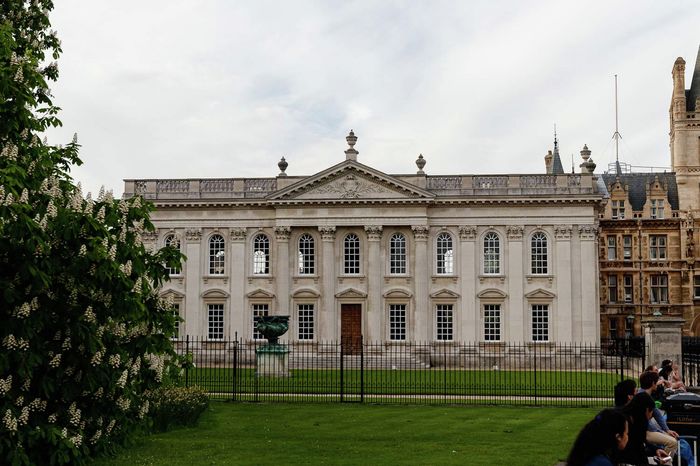Uni faces calls to apologise over imprisonment of thousands of women
Young working class women who were seen strolling with undergraduates after dark were imprisoned under an Elizabethan charter

The University of Cambridge has been urged to apologise for its role in the imprisonment of thousands of working class women over a 350 year period.
A little-known charter issued in 1561 gave the University the authority to detain and imprison any woman 'suspected of evil'. This law was enforced to imprison young working class women who were seen strolling after dark with undergraduates.
Reports show that there were more than 5,000 women arrested in the 19th century alone.
After arrest, these women would be forced to stay in the University’s private prison by the University’s vice-chancellor. The women were held under the suspicion of being prostitutes and would be subjected to weeks of confinement.
Caroline Biggs, author of The Spinning House: How Cambridge University locked women in its private prison, is a local historian whose work spotlights these women’s experiences.
She said that the women imprisoned never received “a fair trial, and none of them had actually even broken the law, according to the law of the land – there was no evidence of wrongdoing”.
Biggs is urging the University to recognise the injustices of the situation publicly and to apologise for the distress caused to the women.
By a parliamentary act in 1825, the University gained its own police force consisting of special constables, colloquially known as bulldogs, who were assigned to patrol the town at night.
Biggs’ investigation also detailed the University’s use of ‘The Spinning House’, a prison cell known for appalling conditions, such as damp beds, broken windows, cold temperatures, and gruel.
One 17-year-old girl, Elizabeth Howe, died in December 1846 after spending the night in a Spinning House cell. Her only listed offence was walking near a brothel with a female friend.
Biggs found that corporal punishments were also present. According to Spinning House records, the town crier was paid 10 shillings by the vice-chancellor in 1748 to lash “10 unruly women”.
Prison inspectors regularly criticised the facility, with social historian Henry Mayhew describing it as an “abomination,” pointing out that the keeper sent the women into solitary confinement and grabbed their hair if they didn’t remain silent.
The Charter was revoked in 1894 by parliament, which eradicated the vice-chancellor’s ability to arrest suspected sex workers. Soon after, the Spinning House was destroyed.
According to Biggs, the University and the city should collaborate to build a memorial plaque for the women and host a public display on the Spinning House and its occupants, stating that she wants “the University to admit they made a mistake”.
 News / University Council rescinds University Centre membership20 February 2026
News / University Council rescinds University Centre membership20 February 2026 News / Hundreds of Cambridge academics demand vote on fate of vet course20 February 2026
News / Hundreds of Cambridge academics demand vote on fate of vet course20 February 2026 News / Cambridge academics sign open letter criticising research funding changes22 February 2026
News / Cambridge academics sign open letter criticising research funding changes22 February 2026 News / Union cancels event with Sri Lankan politician after Tamil societies express ‘profound outrage’20 February 2026
News / Union cancels event with Sri Lankan politician after Tamil societies express ‘profound outrage’20 February 2026 News / Judge Business School advisor resigns over Epstein and Andrew links18 February 2026
News / Judge Business School advisor resigns over Epstein and Andrew links18 February 2026









